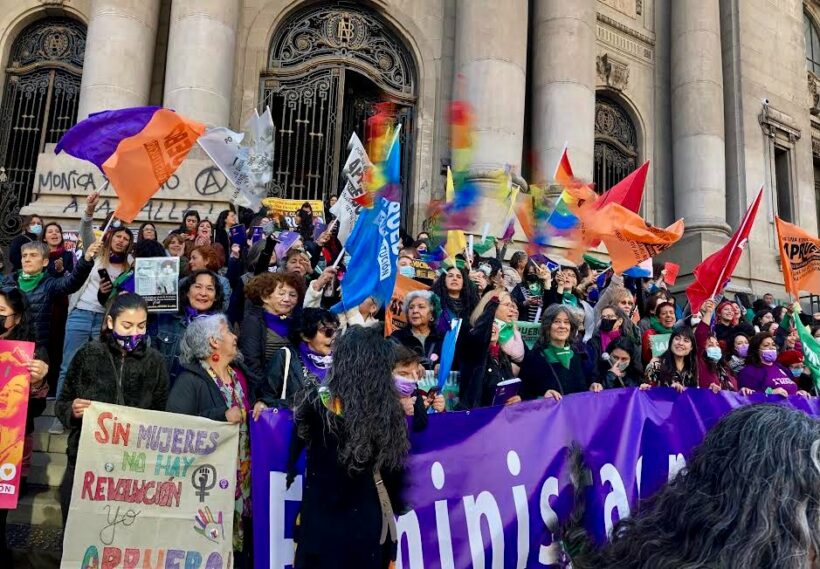The South American country is living a historic day capable of transforming its future.
The future of Chile is being debated today, Sunday, between preserving a constitutional text – agreed and written during the dictatorship – or shaping a new Constitution, a framework arising from dialogue and consensus between different sectors of the citizenry. The proposal for change not only represents a quantum leap in the way of approaching the path to the future, but also constitutes the response to the aspirations for peace, justice and equity of the great majorities. Faced with this prospect, both sides – the Approval and the Rejection – have made clear the profound division that still persists among the Chilean people.
The campaign orchestrated against Approval, from the most conservative sectors, used all the resources created by Cold War strategists to inject fear and uncertainty into the population. The echoes of the dictatorship and the furious reaction of the economic power circles triggered a campaign full of lies and threats. These sectors used their powerful media influence to scare away any possibility of change and manipulate the concepts proposed by the voices gathered in the Constitutional Convention, from which the proposal emerged.
The fear of the Chilean right wing is reflected in its outright rejection of the approval of a constitutional text in which openness to the participation of all sectors of the citizenry predominates, including historically marginalised social groups – indigenous peoples, women and youth – as well as the protection of natural wealth with an inclusive vision of development. The way in which resources have been managed and exploited over the last decades has generated extreme polarisation between sectors and a sustained impoverishment of those who have benefited least from the neoliberal system.
The popular movements for change in Chile had their maximum expression during the street demonstrations in October 2018. Ignoring their significance is tantamount to trying to stem the tides. For months, the articles drafted for the new Magna Carta have been debated publicly and openly, with great transparency, contrary to what happened during the drafting process of the current constitution, which was designed in the privacy of the dictatorship’s offices. It has been an effort carried out by representatives of all sectors, against strong smear and disinformation campaigns from the circles of power most affected by this potential change of course.
I rescue a short poem by Nano Stern, shared on Twitter, because it reflects in a few words the feelings of many Chileans, within and beyond its borders: “How much blood, how many eyes, / how many struggles, how many dreams, / how many longings and endeavours, / how many years of plundering… / It is time to open locks/ and walk a new path; / I tell you and I am moved/ because the day has arrived:/ with hope, joy and conviction, I approve the vote”.
What happens today in this transcendental referendum will mark the immediate future, whether or not a vote opens the door to change; because this tide will continue its trajectory channelling the demands of the Chilean people for a legal framework capable of consolidating a more equitable, just and definitively responsible system; the ghosts of the Cold War and the threats of the conservative sectors have their time limit set. For this reason and for much more, I also vote “I approve”.
A constitutional text must respond to the yearnings of justice and equity.












